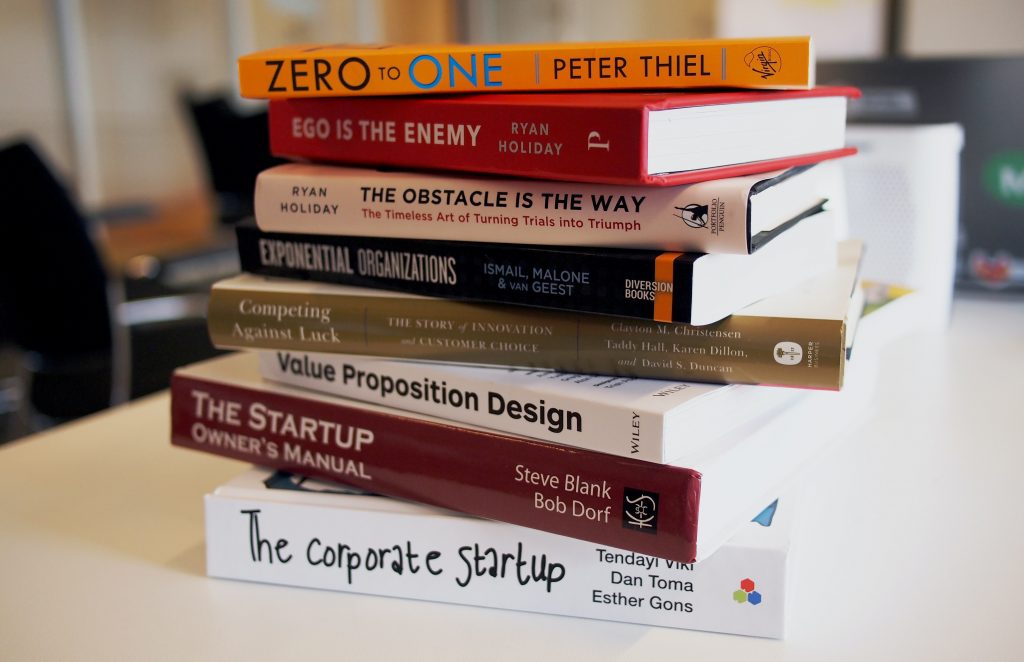
The TV show Queer Eye and an Aussie YouTuber are this week’s inspiration for getting unstuck and taking action. Random? Stick with me…
YouTube ‘reset your life’ videos
There’s an Aussie lady on YouTube who makes videos on productivity. She often publishes videos on resetting your life, her most popular ones. They are always along the lines of: ‘reset for the week ahead’, ‘a reset for this month’, or even ‘reset your life’. When you’re busy or stressed or overwhelmed, the thought of a reset is so appealing…
She’ll list the things she’s going to do: clean and tidy the flat; fix things that need to be repaired and have been bugging her; get into a new routine of healthy eating or going to bed earlier; organising and decluttering all her digital stuff. It’s strangely watchable. There’s something satisfying about watching someone else getting stuff done, ticking off their list.
Quite often when I speak to people in a coaching session who are feeling a bit stuck, it turns out they too want to change their daily routine and how they’re spending their time. They want a reset.
They want to eat more fruit, watch less tv, do more exercise. Sometimes there’s a bigger need as well, such as changing career or setting up a business on their own. Whatever the case, they want to get into some good habits like sleeping earlier and getting up earlier to have a bit more time. They want to look after themselves a bit more. And they want to get unstuck.
Queer Eye
Which brings me to the TV programme Queer Eye. Queer Eye is all about helping someone who is stuck in a groove. Five experts in five different areas – looking after your appearance, decoration, cookery, clothing and relationships – help someone who has been nominated as needing a shake up.
Perhaps they need to change their way of thinking about themselves, build some self-esteem and stop the super negative thoughts.
Often they could do with caring for themselves a little more and perking themselves up – sorting out a skincare routine, getting their hair cut and trying a new outfit.
Their home environment is tackled. Often they are settling for a far from ideal situation because of their low self-esteem or because of general lethargy.
Frequently the person has a floundering business or could do with getting a jolt of energy into their career.
The Queer Eye guys are empathetic and caring and gently kick their client’s butt, encouraging and motivating them to do things they’ve never done before. They build their self-belief. There are always tears and there’s always a joyful ending.
Plan a reset
I love the reset videos and Queer Eye because they inspire you to think about your own situation. Is there something nagging at you that you want to get done but you can’t seem to drum up the enthusiasm? Is there some kind of improvement you could make to your home? Do you need a kick up the butt to do that thing you’ve always wanted to do?
Sometimes it can be helpful to sit down and plan a reset. Write down all the different things you want to change and possible solutions. It can be as small as ‘get up 10 minutes earlier every day so I don’t have to rush’ to ‘find a new job in tech so I can quit my boring job’. It’s important to list the solutions too so that you can actually start to take action.
If you want to wake up 10 minutes earlier and have more time, what can you actually do? You can set your alarm. Maybe you’ll plan what you’ll wear and set out your breakfast things the night before so that you have fewer decisions to make in the morning. You can work out what you’ll do with your extra 10 minutes. Plan to set a timer. Select a book you want to read. Do 10 minutes research on your new career.
If you want to find a new job what can you do? Plan to talk to someone who might have some advice. Start working with a coach to sort out what you really want to do. Read up on what CVs look like these days. Read a book on career change.
Monthly reset
You might want to plan a monthly reset. Take one day a month to sit down and take a broader look at your life and how you spend your time. Are you happy with it all? What would you like to change? What would you like to cut out? Is there anything you’d want to add in?
If you’d like to have some coaching sessions with me, contact me on LinkedIn or at joaopoku@gmail.com
Photo by Jace & Afsoon on Unsplash




